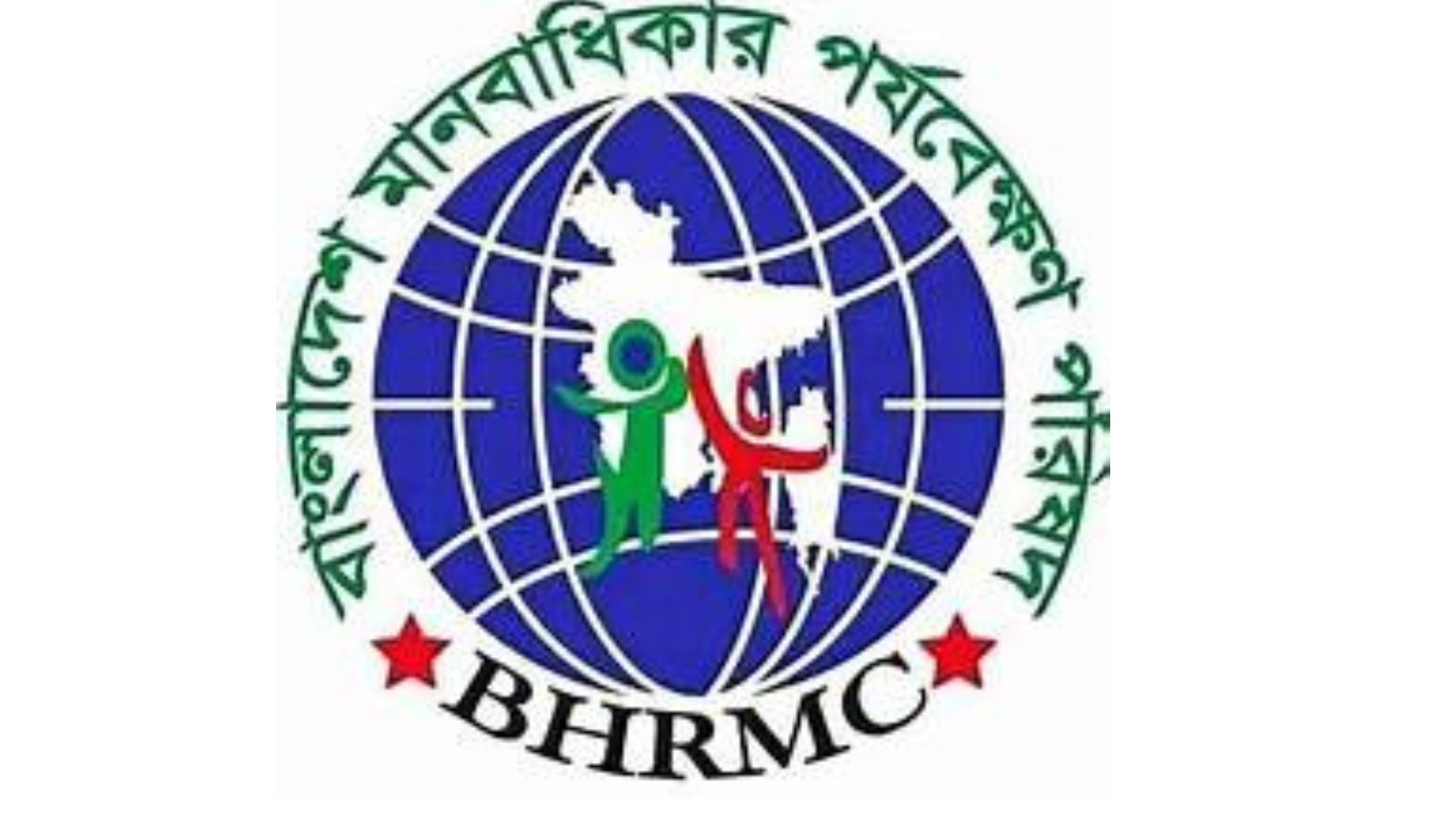Human Rights Watch has called on Bangladesh’s interim government to propose a resolution at the upcoming session of the United Nations Human Rights Council to establish an independent mechanism for investigating and holding accountable those responsible for recent serious human rights abuses in Bangladesh. The 57th session of the UN Human Rights Council is set to begin on September 9.
In a letter addressed to Chief Advisor Muhammad Yunus and other interim government officials, the NGO recommended that the council not only establish this independent mechanism but also ensure ongoing monitoring of the human rights situation in Bangladesh by the UN Office of the High Commissioner for Human Rights (OHCHR), with regular reports to the council.
Human Rights Watch urged the interim government to collaborate with OHCHR and relevant UN experts to set up an independent domestic inquiry into enforced disappearances, torture, and extrajudicial killings that occurred during former Prime Minister Sheikh Hasina’s 15-year rule. The proposed domestic mechanism should operate with UN support and oversight to maintain its independence and adherence to international human rights standards.
Lucy McKernan, Deputy UN Geneva Director at Human Rights Watch, emphasized the importance of the interim government’s role in addressing past abuses. “Following Sheikh Hasina’s resignation amid mass protests, Bangladesh’s interim government bears the crucial responsibility of addressing the past to guide the country towards a future that respects human rights,” McKernan said.
The letter highlighted that the interim government should support a Human Rights Council-backed investigation into recent abuses and seek UN backing for an independent domestic inquiry into the former government’s record on human rights violations.
The interim administration is also urged to implement urgent reforms, including civilian oversight of security forces, disbanding the notorious Rapid Action Battalion, and revising abusive laws. The crackdown on protests leading to Sheikh Hasina’s departure was notably violent, with at least 440 people killed and thousands injured between July 15 and August 5. Most casualties were attributed to excessive force by law enforcement and violence from student and youth groups affiliated with the Awami League, Hasina’s political party. An additional 250 deaths were reported post-August 5, largely in violent reprisals against Hasina’s supporters.
Since assuming office, the interim government has replaced officials allegedly engaged in political partisanship and addressed some immediate law enforcement issues. However, concerns persist about potential replication of past abuses, including arbitrary arrests and denial of due process.
The Yunus administration has publicly committed to investigating excessive force used during the protests, releasing political prisoners, and investigating over 700 cases of enforced disappearances under Sheikh Hasina’s rule. However, to effectively achieve justice and accountability in a highly polarized political environment, Human Rights Watch suggests that the interim government seek a Human Rights Council mandate for an independent investigation with a comprehensive mandate. This would help ensure evidence collection, analysis, and cooperation with national and international judicial bodies.
A Human Rights Council-mandated investigation would provide greater independence and credibility, addressing domestic distrust in institutions and avoiding political interference. The letter also called for OHCHR to monitor human rights conditions throughout the transition period leading up to free and fair elections.
Human Rights Watch stressed the need for deep institutional reforms, including overhauls of the security sector and justice system, and urged the interim government to embrace OHCHR’s technical assistance to ensure the independence of legal and judicial bodies.
“Without significant institutional reform and UN support to guarantee transparency and independence, Bangladesh’s hard-won advancements could be at risk,” McKernan warned. She urged the UN and its member states to support fact-finding and accountability measures and invest in rights-based reforms in both the institutional and security sectors.







